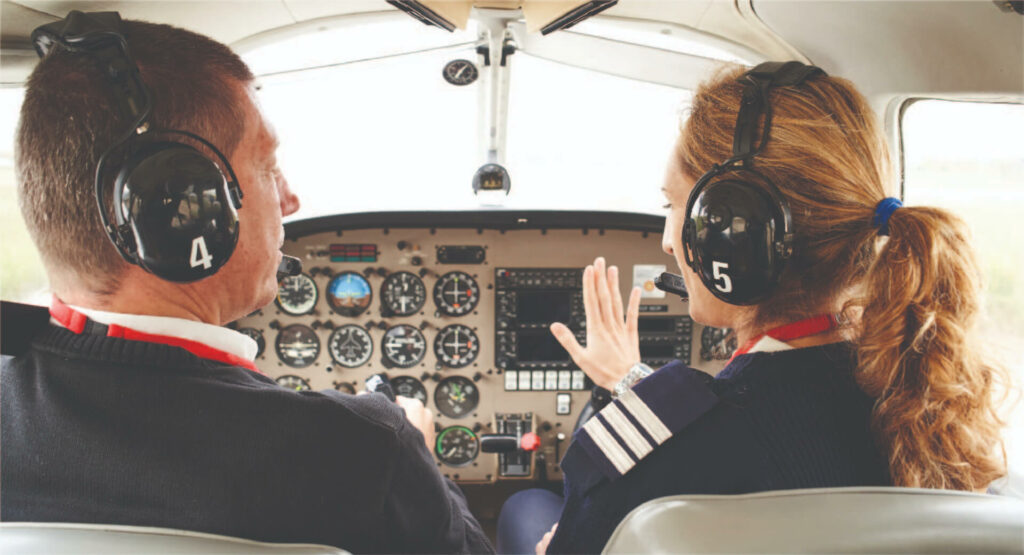What is the process for acquiring an A320 Type Rating and Commercial Pilot License?
Body
Overview of CPL Training for Commercial Pilots
It is the desire of many aviation enthusiasts to become airplane pilot license. A comprehensive grasp of aviation fundamentals, perseverance, and intense training are necessary on the path to earning a commercial pilot license cpl. In order to operate commercial aircraft safely and effectively, prospective pilots must possess the skills and knowledge taught in CPL training.

The Initial Phase of Obtaining a Pilot's License: Flight School
A commercial pilot's journey begins with selecting the appropriate flight school. A respectable flying school offers extensive training courses covering everything from advanced aerodynamics to fundamental flight fundamentals. You will study both theoretical and practical material during your flight school training to make sure you learn the skills and confidence you need to fly.
Recognizing the Commercial Pilot Course
Aviation authorities have specified requirements that the commercial pilot course is designed to meet. In addition to simulator sessions and real flight hours, this course offers ground school instruction. Aviation legislation, meteorology, navigation, and aircraft systems are just a few of the topics covered in ground school. Student pilots can hone their emergency procedures and flying skills in a controlled setting during simulator sessions.

CPL Training's Significance
Your career in aviation starts with commercial pilot license training. Through instruction on handling a variety of flight scenarios, it equips you to meet the challenges of commercial flying. Depending on the nation's aviation rules, the training entails a minimum quantity of flight hours, usually around 200. To provide thorough exposure to various flying circumstances, these hours are split between solo flights, cross-country flights, and night flights.
Expertise: A320 Classification
Getting a type rating used for an exacting aircraft, like the Airbus A320, is the next step for lots of pilots later than earning their CPL. Flying this exact model requires an a320 type rating, which is compulsory of pilots. Learning the systems, performance traits, and handling techniques of the aircraft is part of this specialist training. To make sure you can operate the A320 with proficiency, the training consists of both supervised flights and simulator sessions.
Blending A320 Type Rating and CPL Training
Combining type rating classes with cpl training is a common package offered by flight schools. You may expedite your training and more quickly get the required credentials with this integrated method. Taking a combined course gives you the advantage of a well-organized curriculum that gets you ready for both the particular aircraft type rating and the commercial pilot qualification.
How to become a expert Pilot
Technical skill alone is not enough to become a professional pilot. It requires a great deal of self-control, dedication, and aviation love. In addition to learning how to fly, you will also learn how to handle cockpit resources, interact with air traffic control efficiently, and make important decisions under duress during your training. These abilities are necessary to guarantee the effectiveness and safety of every flight.










Comments